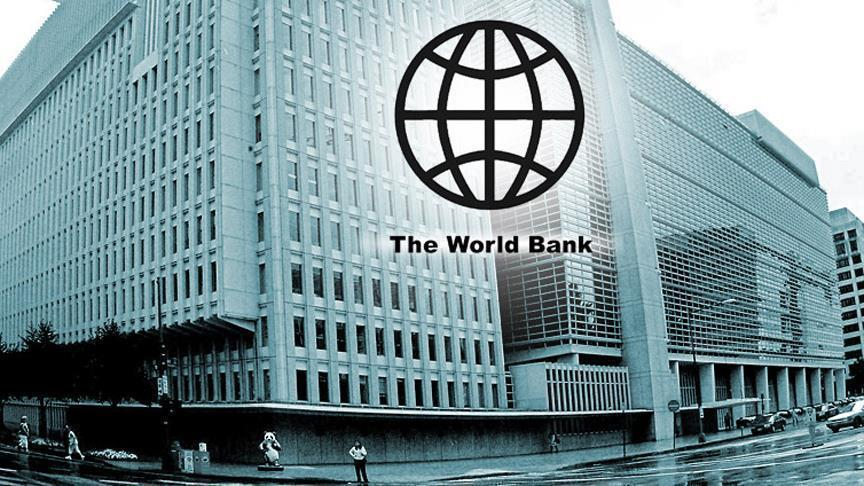World Bank Approves $82 Million Loan for Controlling Zoonotic Diseases in India:
The World Bank’s Board of Executive Directors has approved an $82 million loan to support India’s efforts in adopting global best practices for animal health management. The loan aims to prevent, detect, and respond to endemic zoonotic, transboundary, and emerging infectious diseases, recognizing the interconnectedness of people, animals, and the environment.
Buy Prime Test Series for all Banking, SSC, Insurance & other exams
Risks of Animal Disease Outbreaks in India:
With India being home to the largest livestock population in the world, the risks associated with animal disease outbreaks are particularly high. These outbreaks not only pose risks to public health systems but also have significant economic costs. For instance, foot and mouth disease alone costs the country over $3.3 billion annually.
Livestock Health and Disease Control Program:
The loan will support India’s Livestock Health and Disease Control Program, which aims to control animal diseases and zoonoses. By implementing this program, the risks of animal disease outbreaks can be reduced through improved disease surveillance and veterinary services in the livestock and wildlife sectors.
Enhancing Animal Health Services:
Through the Animal Health System Support for One Health Program, at least 2.9 million livestock farmers in the participating states of Assam, Karnataka, Maharashtra, Odisha, and Madhya Pradesh will have increased access to improved animal health services. This will help ensure the early detection and timely response to potential disease outbreaks.
Strengthening Collaboration and Data Sharing:
The program will establish state-of-the-art laboratories to facilitate collaboration and data sharing between the animal health and human health sectors. This integrated approach will enable a more comprehensive understanding of disease patterns and help develop evidence-based policies for effective management of animal diseases and zoonoses.
Enhanced Food Quality and Safety:
In addition to disease control, the program will focus on enhancing food quality and safety, particularly in livestock and wet markets. This step aims to ensure that animal products meet stringent quality standards, reducing the risk of transmitting diseases to humans through food consumption.
Program-for-Results Financing:
The $82 million loan from the International Bank for Reconstruction and Development (IBRD) utilizes the Program-for-Results (PforR) financing instrument. Under this approach, funds are disbursed based on the achievement of specific program results. The loan has a maturity of 11.5 years, with a grace period of 4.5 years.
Key points about the World Bank:
-
The World Bank: The World Bank is an international financial institution that provides loans and grants to the governments of low- and middle-income countries for development projects. It aims to reduce poverty and promote sustainable economic growth.
- World Bank Group: The World Bank Group consists of five institutions, including the International Bank for Reconstruction and Development (IBRD) and the International Development Association (IDA). The other three institutions are the International Finance Corporation (IFC), the Multilateral Investment Guarantee Agency (MIGA), and the International Centre for Settlement of Investment Disputes (ICSID).
- Board of Executive Directors: The World Bank is governed by its Board of Executive Directors, which represents its 189 member countries. The Board makes decisions on key policies, strategies, and financial assistance provided by the World Bank.
-
President of the World Bank: The President of the World Bank is the highest-ranking official in the institution. Indian-American business leader Ajay Banga has been appointed as the President of the World Bank for a five-year term.
Also Read: Brazil, top chicken exporter, confirms first ever avian flu cases in wild birds
Find More International News Here




 Weekly Current Affairs One Liners 16th t...
Weekly Current Affairs One Liners 16th t...
 Which District is known as the Medical C...
Which District is known as the Medical C...
 Which was the First Women's University i...
Which was the First Women's University i...








